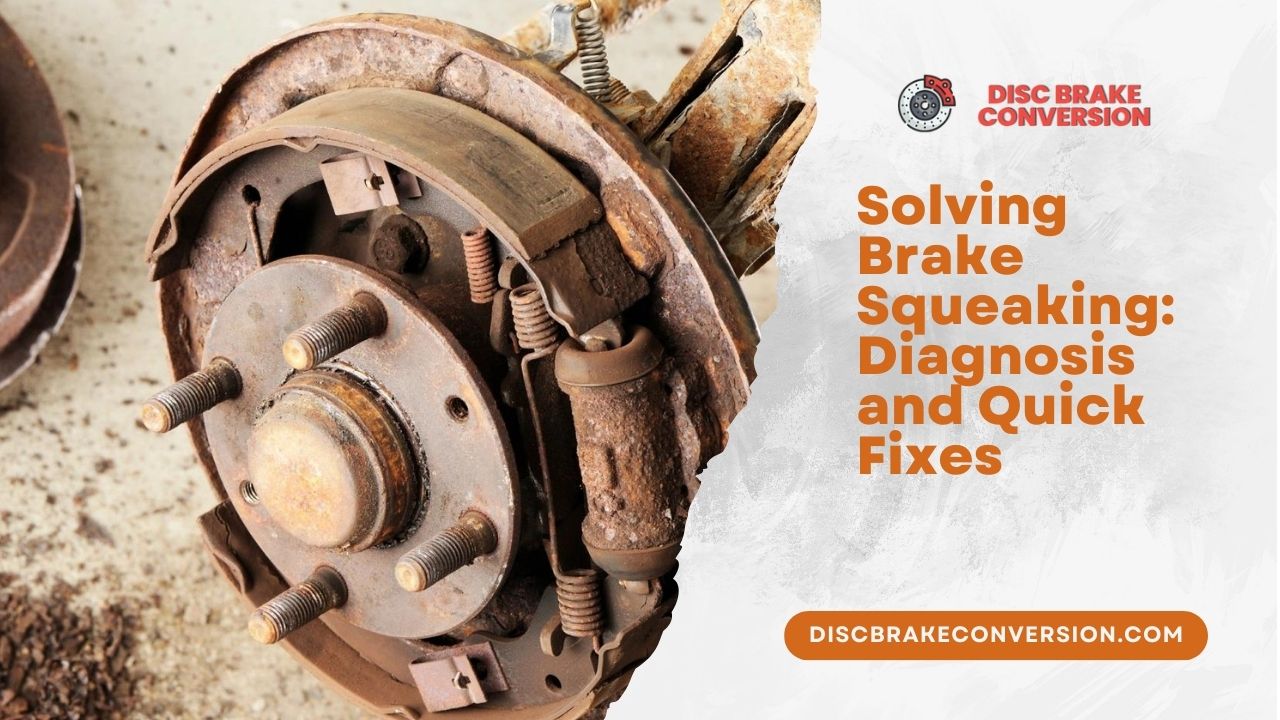If one arrives seeking an answer to the question, “Why do their brakes squeak,” the likelihood is that they find the noise quite bothersome. That screech accompanying each application of the brakes tends to send shivers down one’s spine and induce undue stress.
Identifying the underlying cause behind the squeaky brakes represents the initial step in the process, followed by a swift remedy. Below, the text will aid in diagnosing the noisy brakes and guide rectifying the issue.
Regarding the frequency of brake replacements, it hinges upon individual usage patterns. Frequent heavy use of the brakes will inevitably necessitate earlier replacements. Conversely, for those who drive conservatively without apparent indications of brake wear, the typical replacement interval spans approximately 50,000 miles. Consulting the vehicle’s owner’s manual is advisable to ascertain the recommended replacement period. Furthermore, vigilance is crucial for signs and signals such as:
- Emitting squeaks or squeals.
- Exhibiting grinding noises.
- Experiencing vibrations upon brake application.
- Encountering delays in coming to a complete stop.
- Receiving warnings from the vehicle’s systems.
- Noticing the presence of thin or flimsy-looking brake pads.
Concerning the question, “Why do brakes squeak?” five primary reasons exist, along with their corresponding quick solutions to restore tranquility.
Reason #1 – Fresh Brakes:
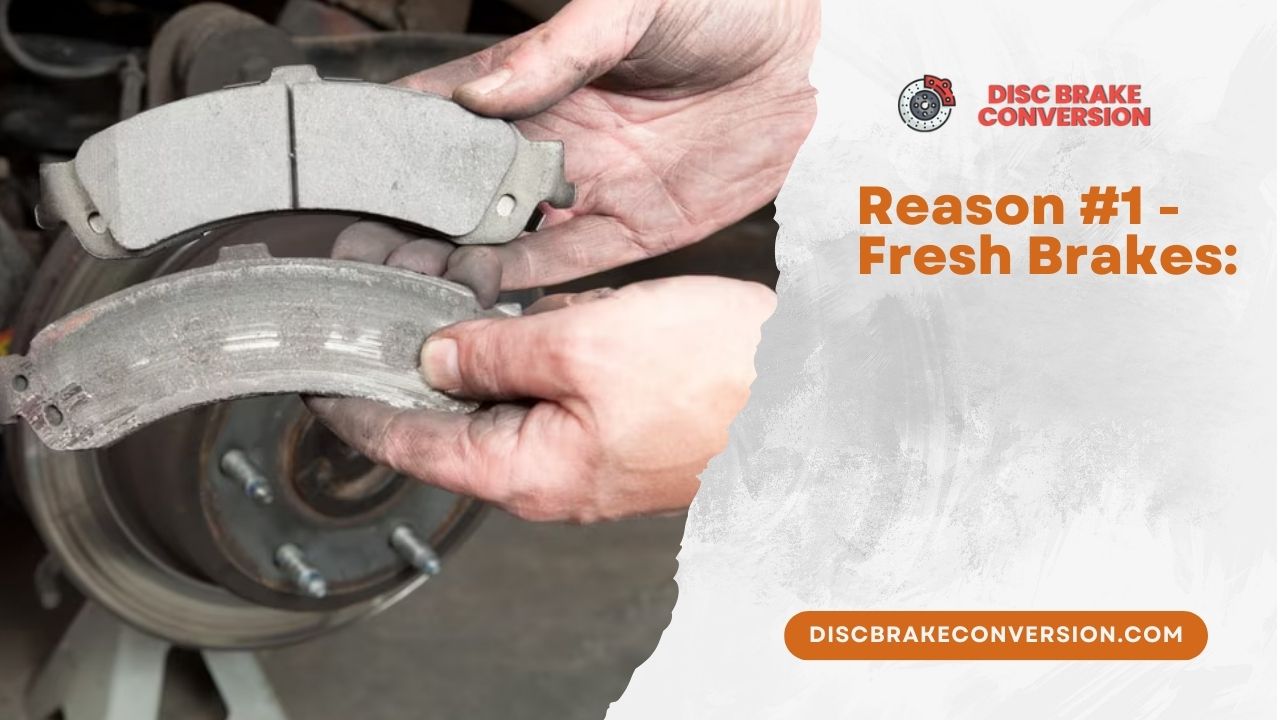
In instances where one’s vehicle is brand new, and they find themselves inquiring about brake squeaks, it’s a legitimate query. New cars may produce squeaking sounds as they adapt to the driving demands, necessitating a period of adjustment. In such cases, the following remedy is recommended:
Quick Fix:
Application of brake grease is advised. Occasionally, newly manufactured vehicles remain idle for extended periods and may require lubrication. The procedure involves lubricating all contact points to prevent metal-on-metal scraping or other noise-producing connections. Care must be taken to avoid applying grease to the rotor and friction surfaces.
Reason #2 – Lack of Brake Pad Shims:
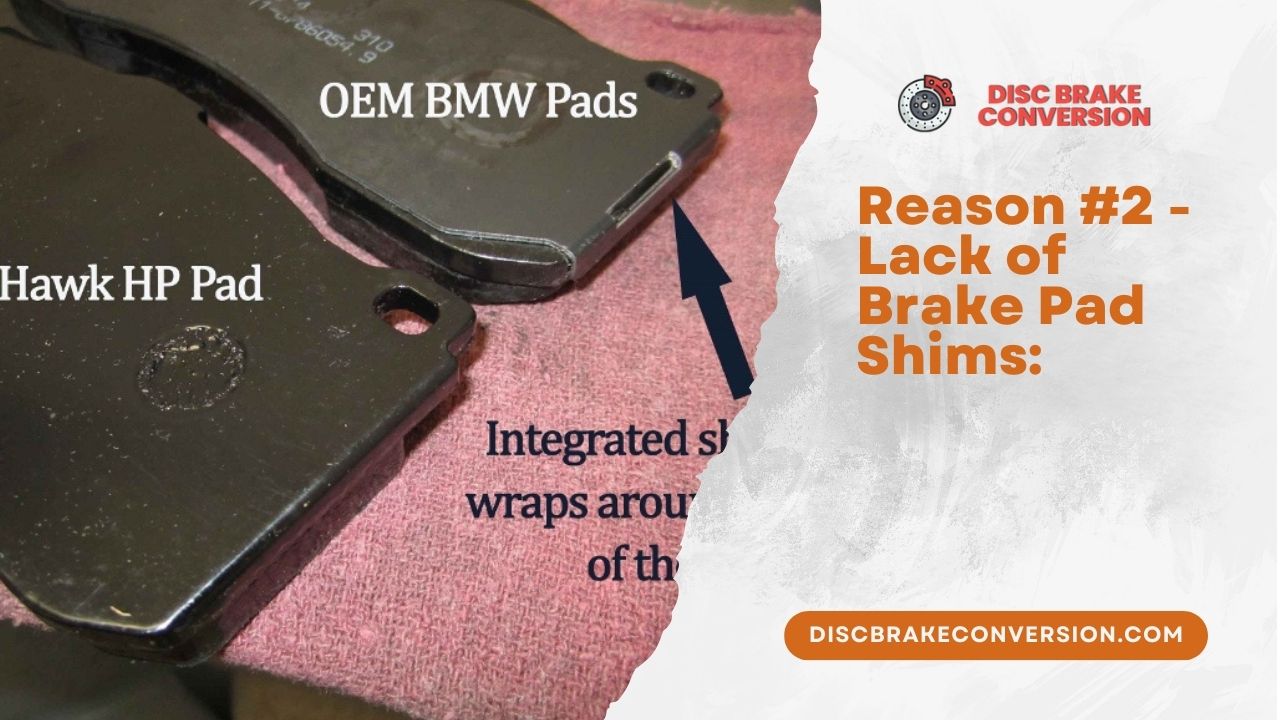
Not all car makes and models come equipped with brake pad shims. The absence of these shims can result in increased vibrations and squealing during braking. Fortunately, addressing this issue is straightforward and requires minimal technical expertise.
Quick Fix:
In cases where the vehicle lacks shims, installing them on the reverse side of the brake pads is advised. While some car models include shims, others may require separate purchases.
Reason #3 – Overdue Replacement:
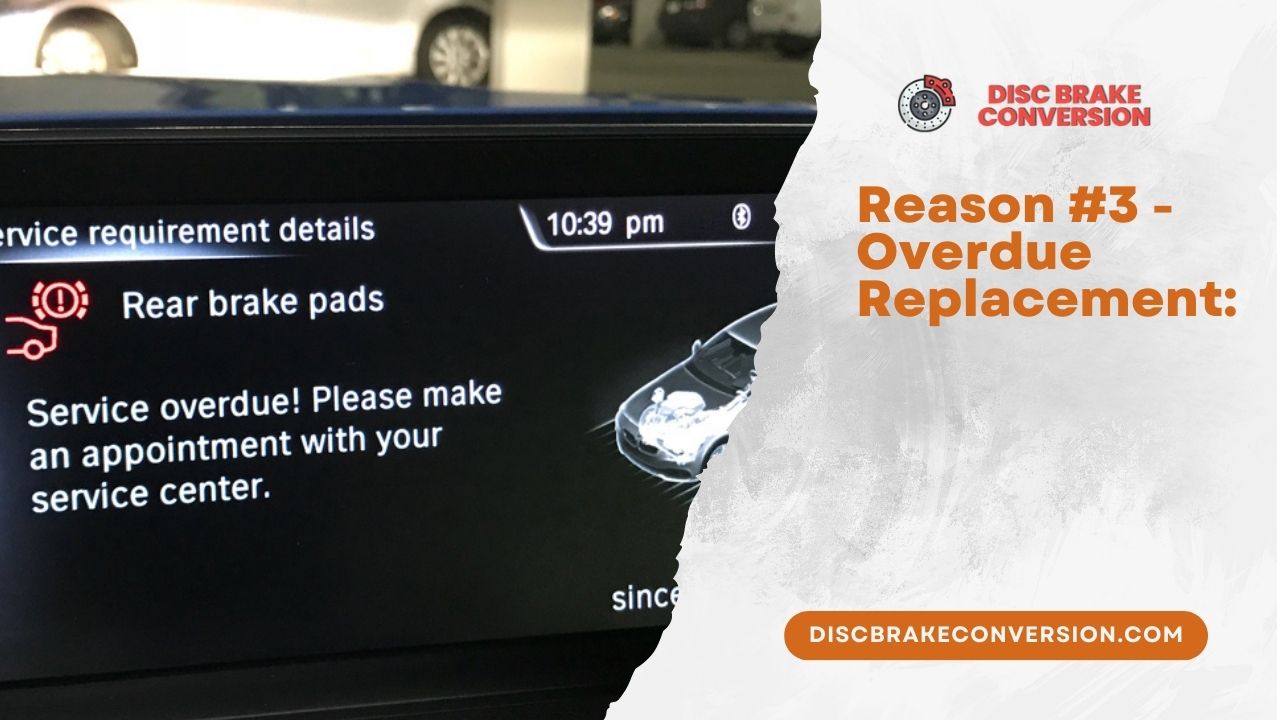
Vehicle maintenance is unavoidable, and brakes are critical for safety during transit from point A to point B. Prolonged usage and rough handling accelerate brake wear, leading to the thinning of pads and rotors, culminating in the characteristic squeaking. In cases where one wonders, “Why do my brakes squeak?” it may simply be time for a replacement.
Quick Fix:
Fortunately, brake servicing is a standard procedure for vehicles. Depending on the circumstances, one could swiftly resolve the issue and return to a noise-free driving experience. However, this task is best left to professional mechanics.
Reason #4 – Inherent Noise:
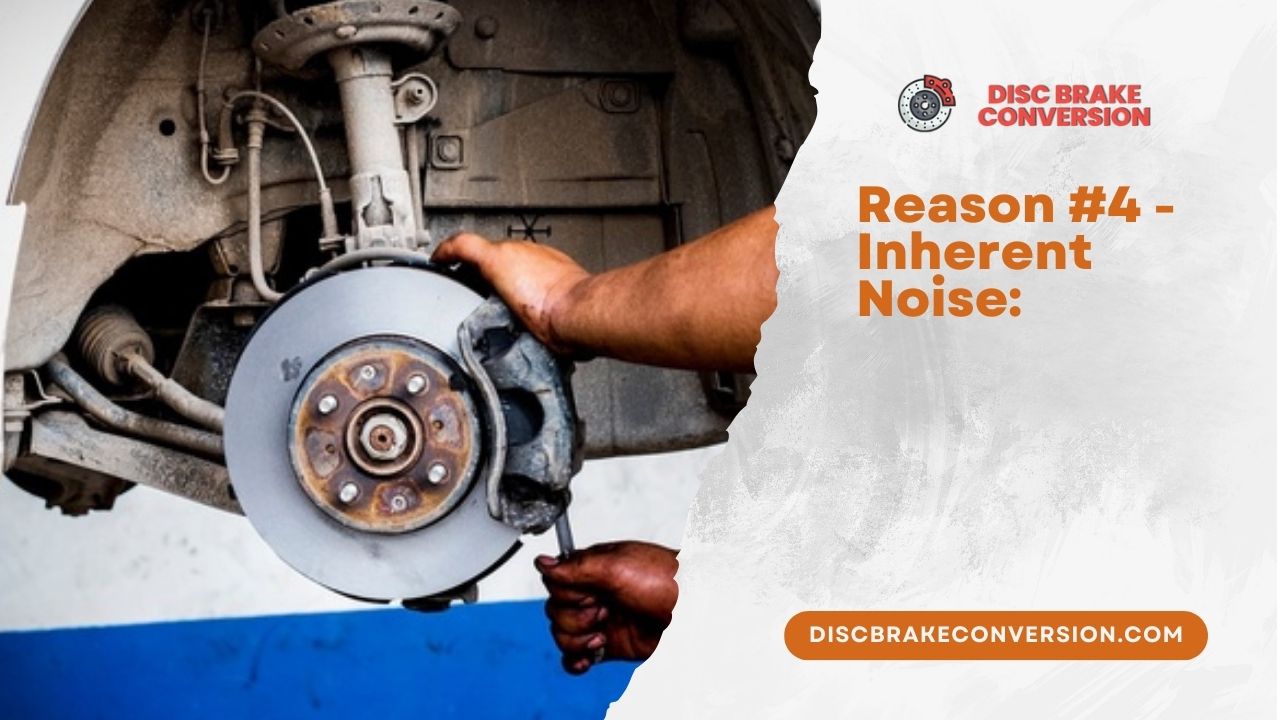
Acknowledging that certain brakes inherently produce noise is essential. While most ordinary passenger cars are known for quiet operation, larger vehicles, constructed robustly with heavy-duty components, can emit occasional noises. These systems, influenced by variations in moisture and temperature, are predisposed to noise.
Quick Fix:
There is no immediate solution in such cases, but adjusting one’s perception may help. Manufacturers may offer suggestions for mitigating unbearable squeaks.
Reason #5 – Braking Habits:
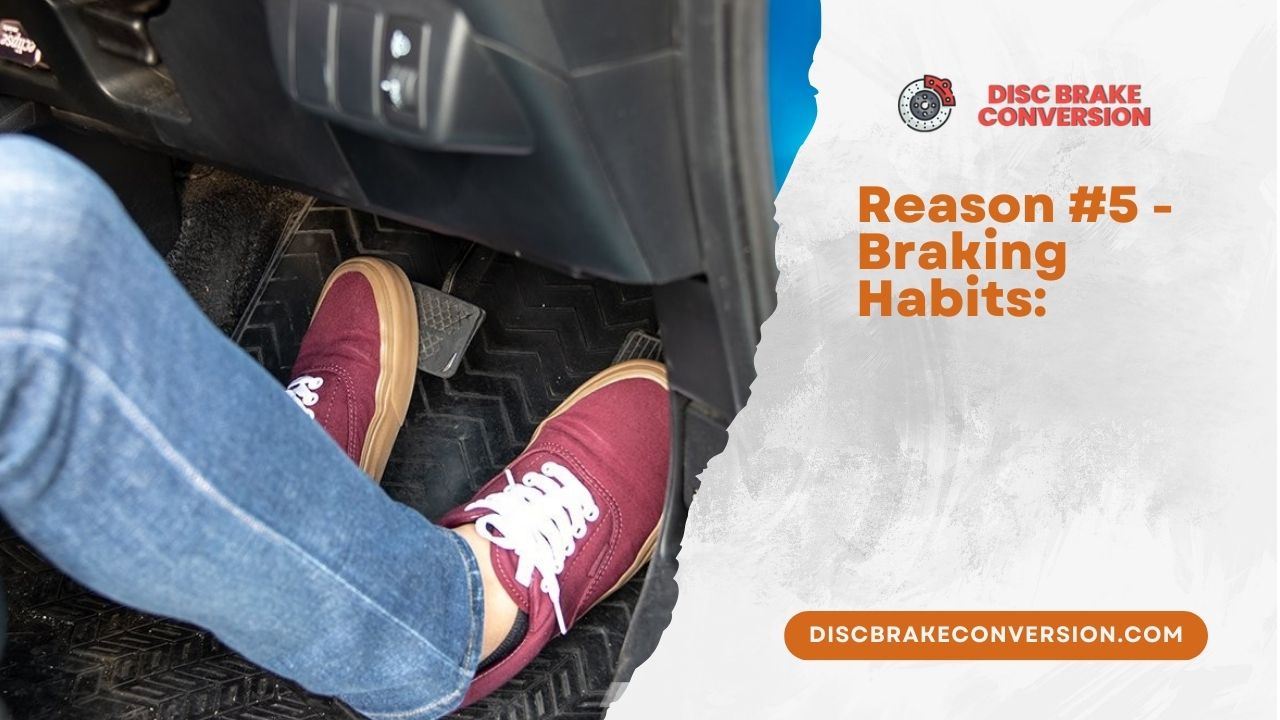
Excessive braking, especially at high speeds, exerts undue stress on the brake pad surfaces. Reckless braking generates extreme heat, potentially resulting in a hardened glaze on the pads. Furthermore, frequent application of brakes when descending hills can produce excessive heat, which is detrimental to brake pads. This not only leads to squealing but also poses safety concerns.
It is worth noting that glazing can also result from mechanical or hydraulic failures within the brake caliper.
Quick Fix:
To determine the presence of glazing on brake pads, one should run their fingers over the places, looking for a glossy texture; for those who frequently encounter glazed brake pads, reassessing their braking style is recommended. Glazed pads should be promptly replaced.
Electric Brake Systems:
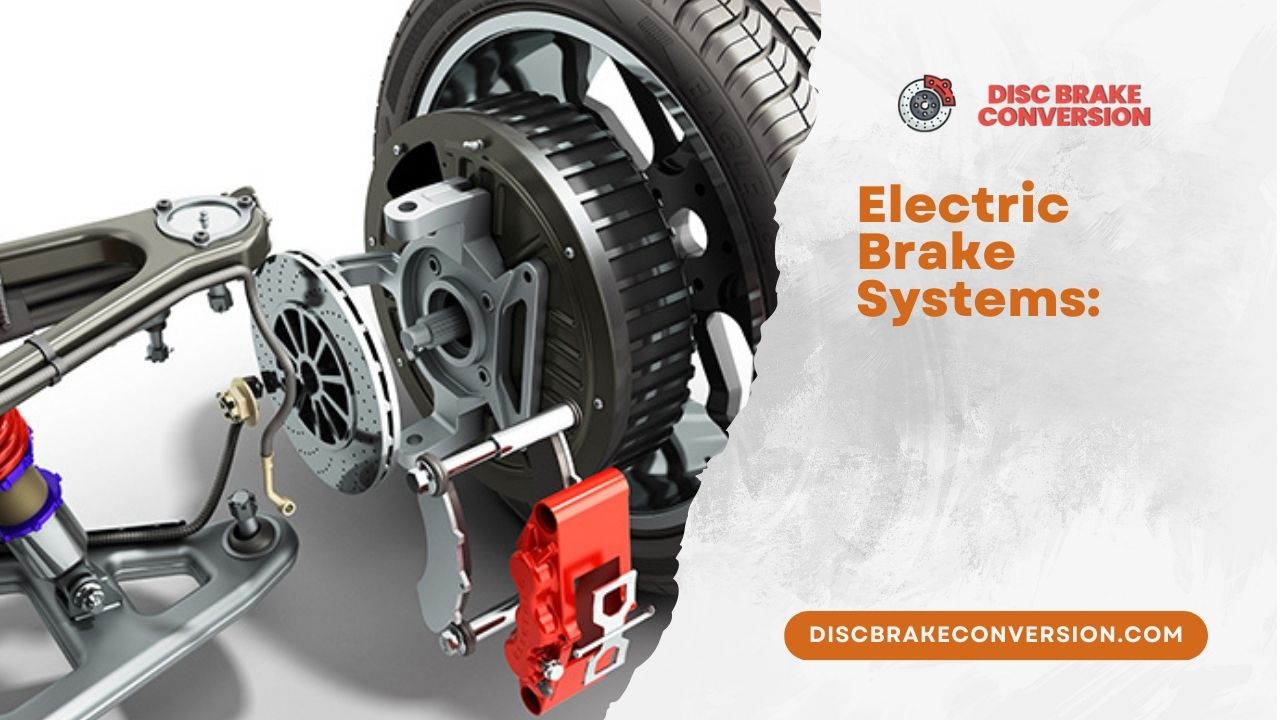
For vehicles equipped with electrical braking systems, it is typically unadvisable to attempt quick fixes independently. Electrical systems have distinct configurations and necessitate the expertise of professional technicians for proper servicing. Attempting self-repairs could lead to more expensive electrical component replacements than conventional car parts.
Ceasing the Squeal:
The inquiry into “why my brakes squeak” arises when the noise becomes bothersome. Identifying the root cause is essential to determine the appropriate course of action. While several issues can be addressed independently, some may require professional intervention. In any case, there is no need to endure loud noises each time the brakes are applied.
Just like other vehicle components, maintaining brakes in good condition ensures a smooth and noise-free ride. Consistently monitoring for signs of brake wear is advised. If one has driven their vehicle for over 50,000 miles, it is prudent to schedule a visit to the mechanic for brake evaluation and potential replacement.

